
Youle, Dejonghe, Levine and the top women in private equity – LB’s most popular interviews of 2024
From high-profile managing partners to leading GCs and barristers, the LB team interviewed dozens of the leading names in law…

From high-profile managing partners to leading GCs and barristers, the LB team interviewed dozens of the leading names in law…

From bumper pay cheques to internal politics and an extremely competitive lateral recruitment market, 2024 hasn’t been short of legal…

Richard Medd’s tenure as Browne Jacobson managing partner began in the spring of 2020, amid the chaos of the early…

‘As a firm, we are driven, ambitious and innovative, and we thrive in competitive markets like London,’ says Latham &…

Algerian boxer Imane Khelif made headlines around the world when her Olympic bout against Italy’s Angela Carini ended after just…
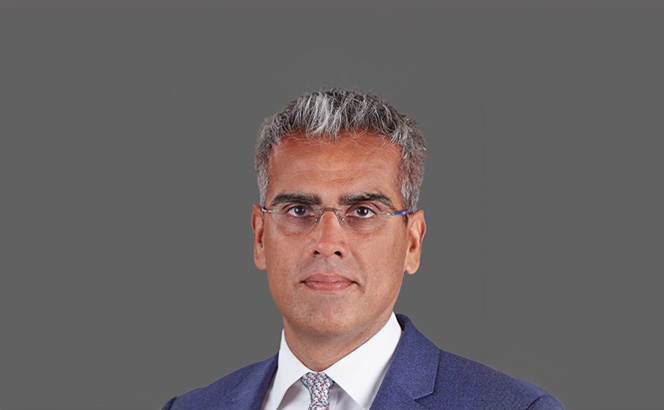
Legal 500 Hall of Famer Satnam Tumani, previously head of the SFO’s anti-corruption and bribery unit and a longstanding partner…
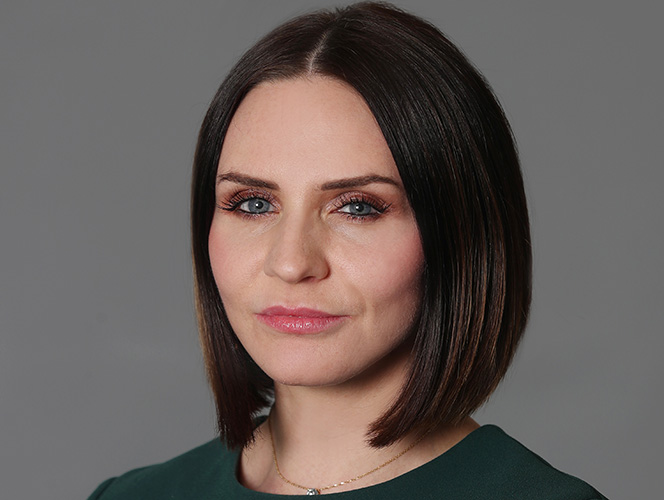
Sidley Austin private equity partner Lyndsey Laverack on changing attitudes towards mental health in the legal profession and how women…
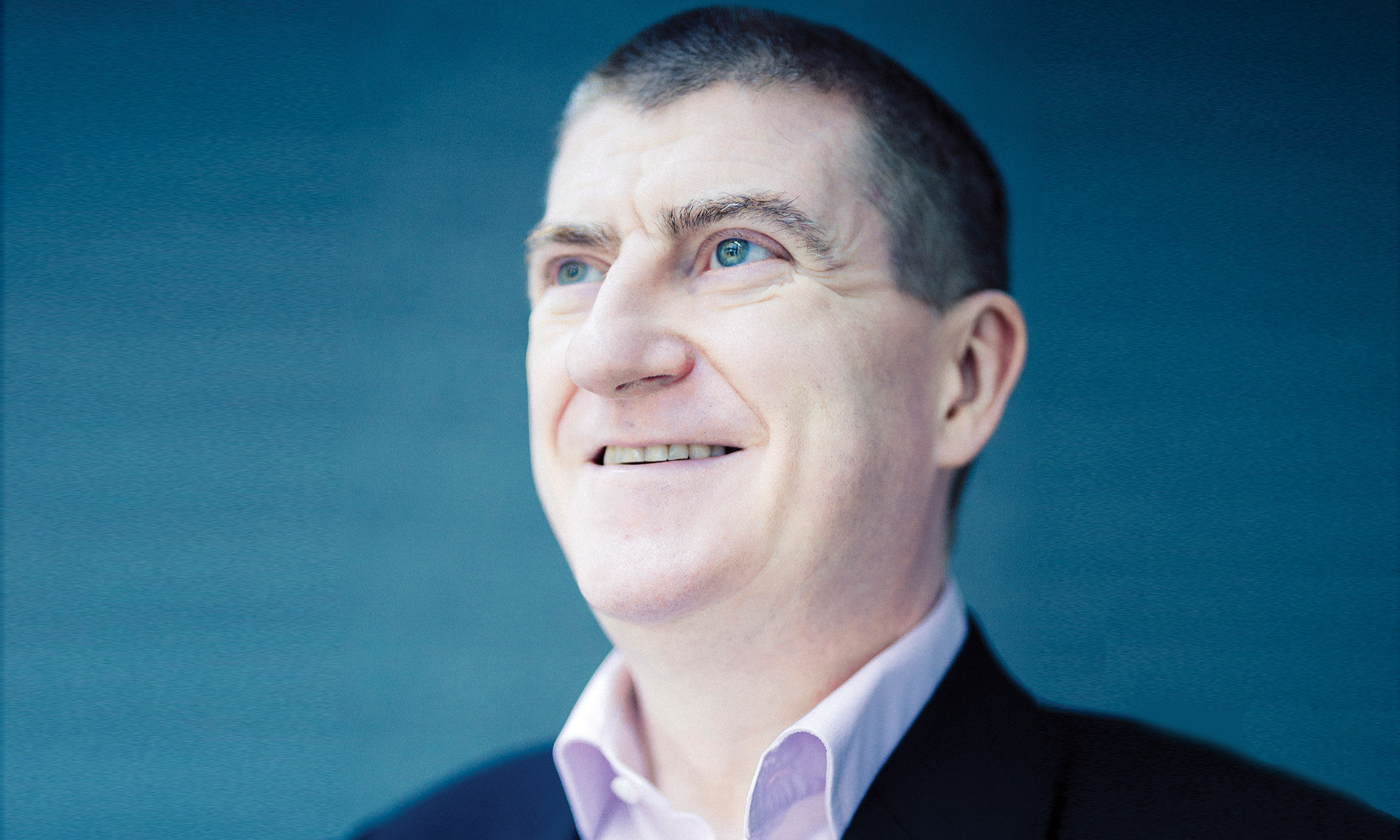
Legal Business (LB): Looking at the finances of the firm over the past five years, you are one of the…
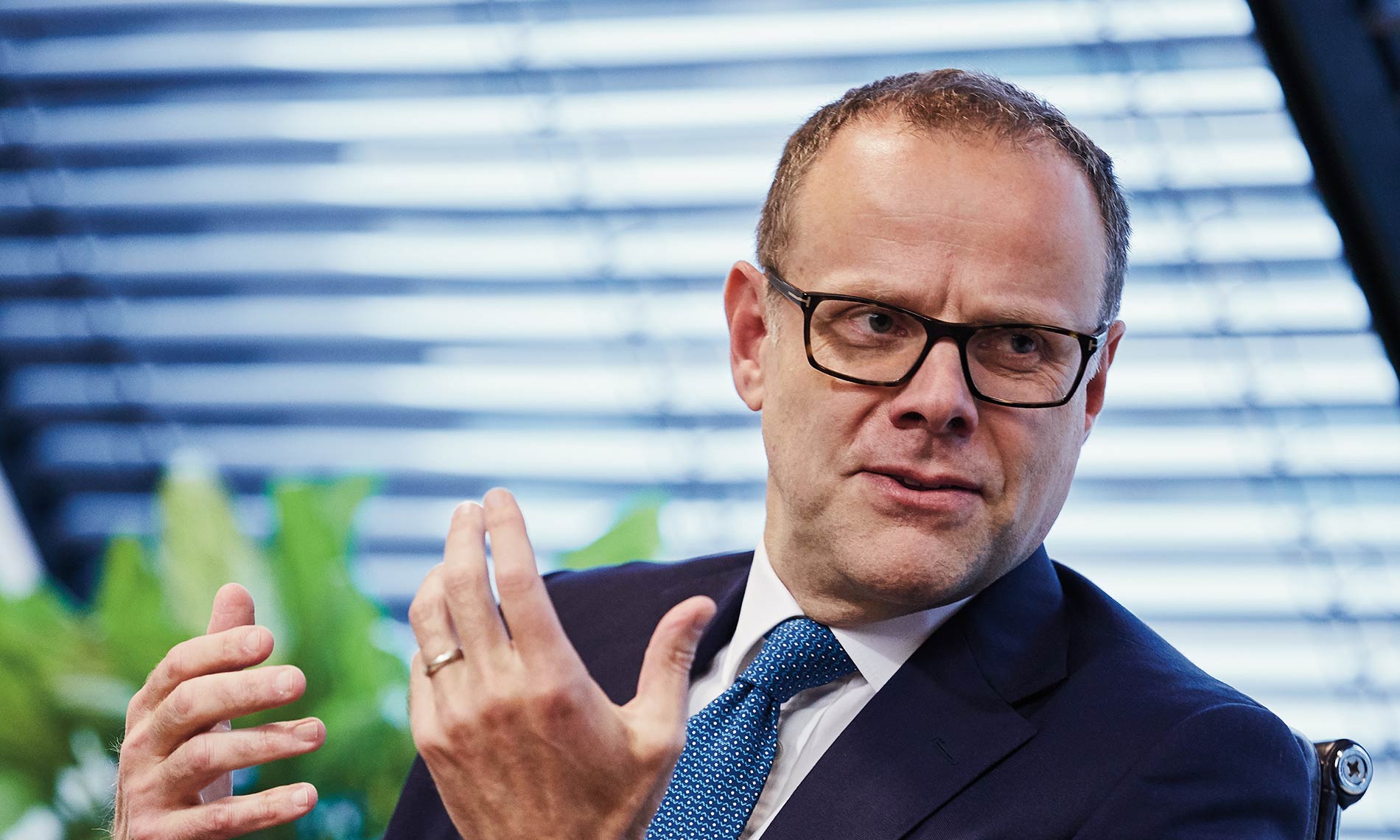
The office has made a series of bold lateral hires in the last three years. What is behind this? Suhrud…

You’ve both been at the firm for more than 25 years. What have been your highlights? Richard King (RK), managing…
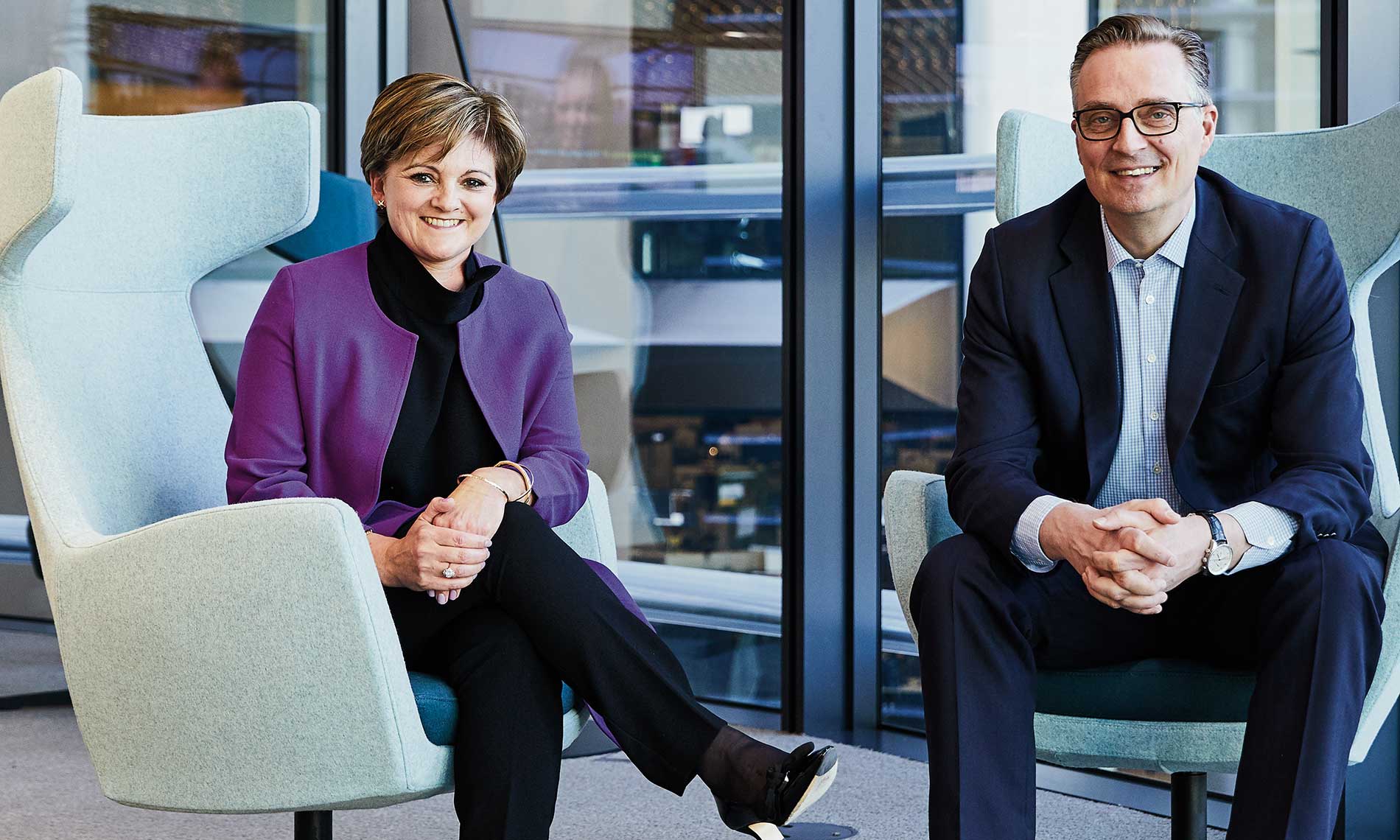
Legal Business (LB): You have both been in charge for nearly four years. What are some of the highlights? David…
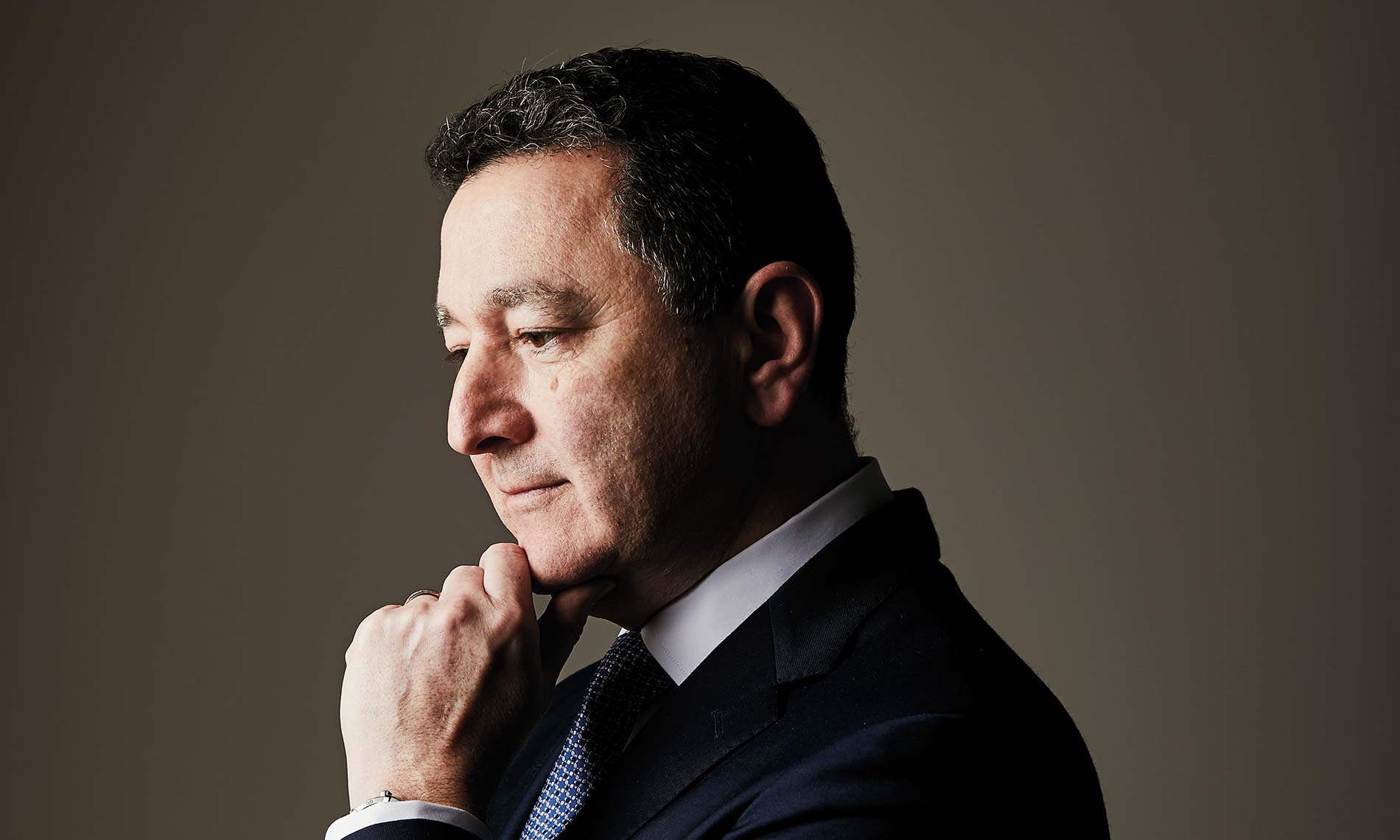
Simon Levine (SL), co-chief executive, DLA Piper: I had a bit of fun and looked at the article you wrote…
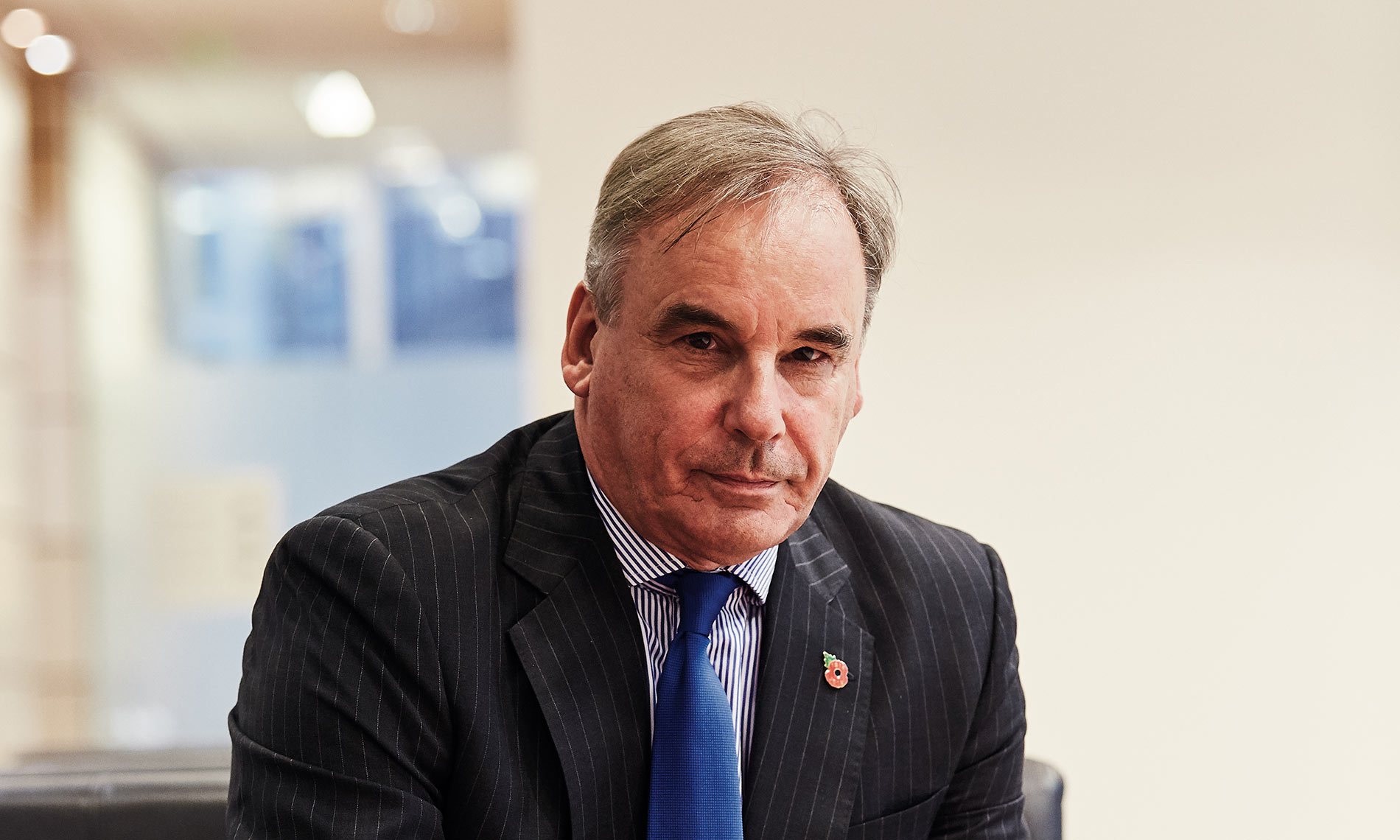
Legal Business: Simmons seems to have come out of a period of malaise. What have been the primary drivers for…
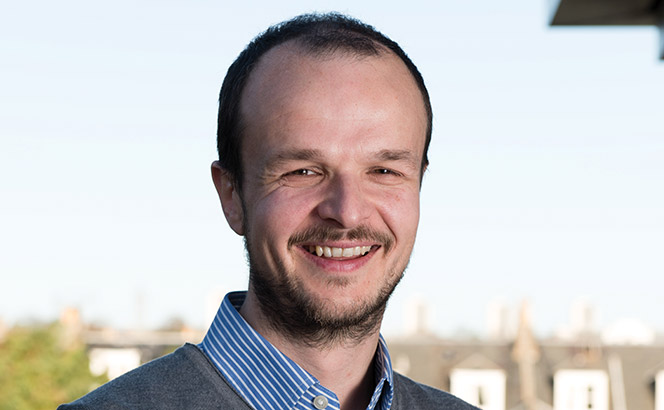
Marco Cillario caught up with CMS UK managing partner Stephen Millar to discuss the first year since the three-way union…

Alex Speirs: Now less than a year out from the UK’s scheduled withdrawal from the EU, how would you characterise…

LB: What’s been happening in the two years since the Canada tie-up? David Fennell (DF), chief executive: One of the…
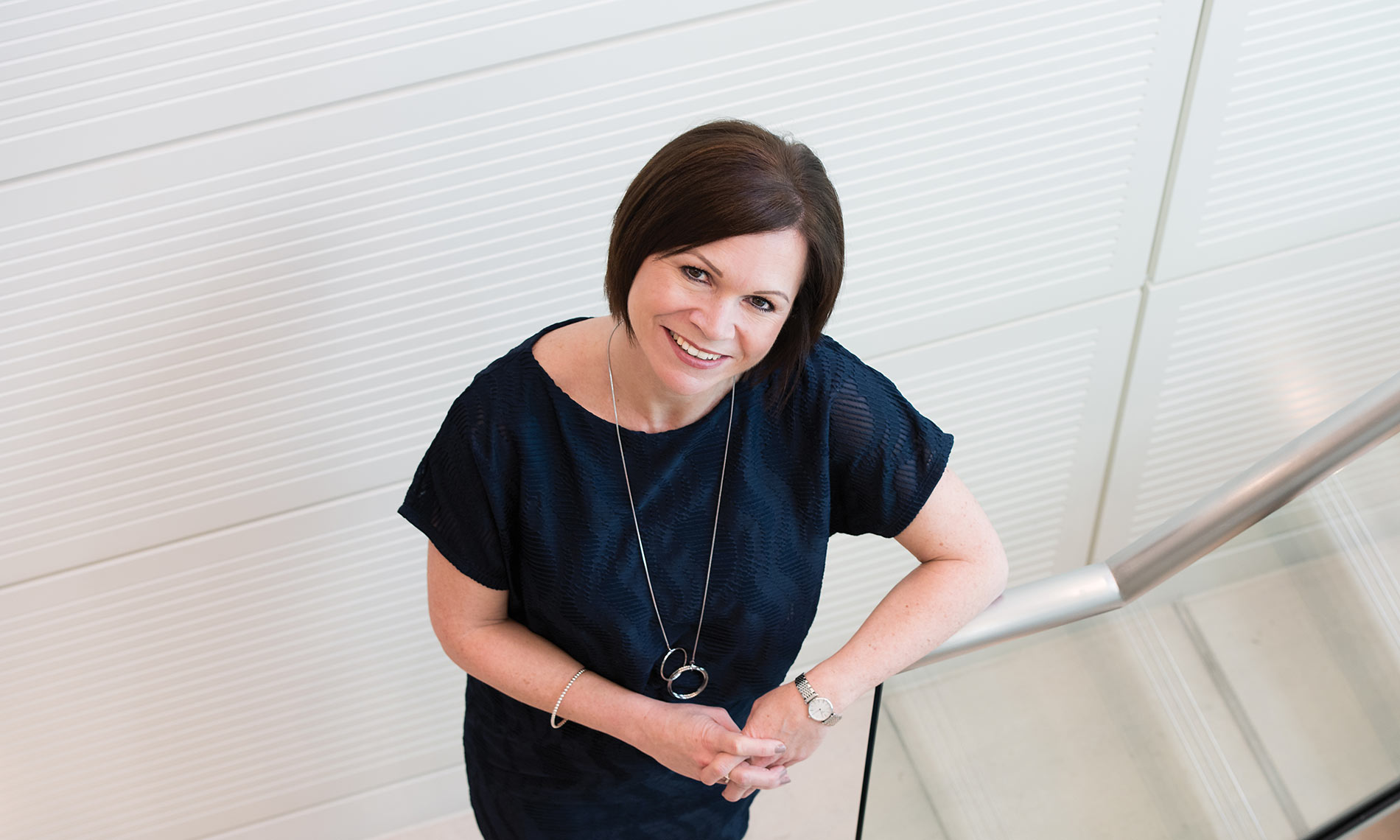
LB: What was the background to the merger talks? Therese Pritchard (TP): I started it. It’s my fault. In February…
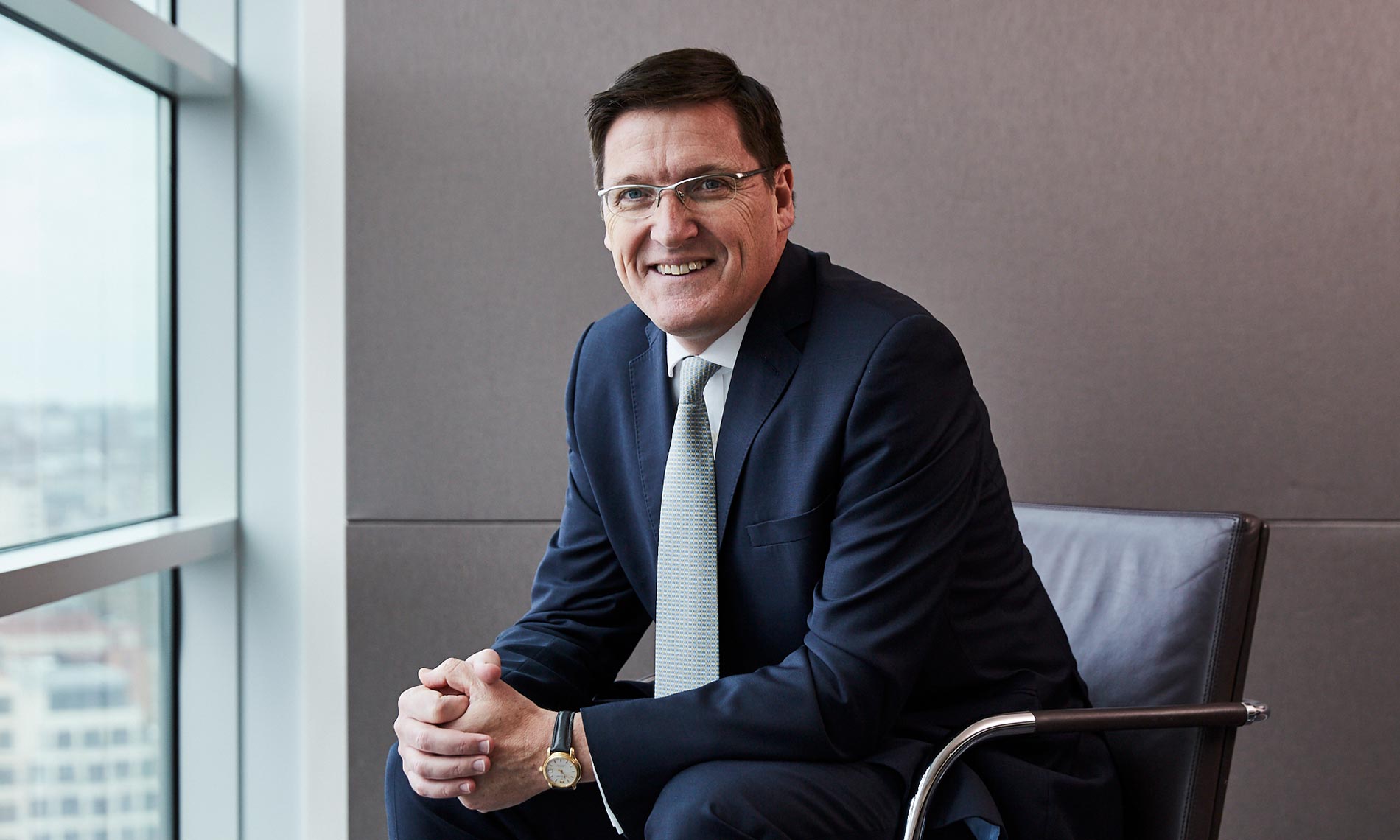
Legal Business (LB): How do you create a clearer picture of what Pinsents is doing on diversity? Richard Foley (RF):…
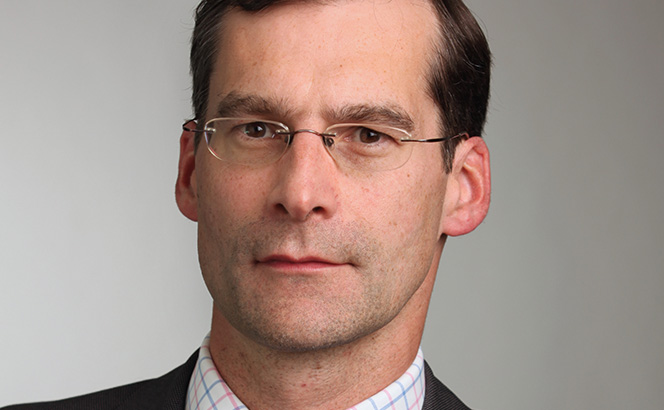
Herbert Smith Freehills (HSF) today (21 February) announced that much-touted banking litigator Damien Byrne Hill will be replacing Mark Shillito…